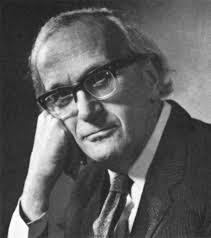
r/Lawyertalk 16feb26 post by reddituser Stiblex:
Has being a lawyer changed your outlook on the world?
I've not been practicing long (bit more than a year now but in the field for longer), but I've already experienced that I've grown more cynical, pragmatic, amoral, less empathetic and more distrustful. I've noticed I've become way more proactive and assertive and more capable.
I'm not sure I like the way my worldview is going. I can definitely get more shit done and have an easier time figuring stuff out but I'm starting to lose out on a lot of principles I used to have. I don't want to start to turn into a douche.
Seems like I, like most people, started law school with the intention to bring more justice to the world. I've found that the opposite is true. I'm in corporate law by the way (both transactions and litigation).























